3 Ways to Overcome Relationship Communication Problems
A study reported that 86% of couples who divorce said the main problem they had in their relationship was deficient communication. This is a wake-up call for all of us to actively look for ways to develop and maintain healthy communication in our relationships.
Here are three simple tips to overcome relationship communication problems.
Be clear of the outcome.
Before starting an important discussion with your partner, take a moment to pause and get crystal clear the outcome you hope to achieve.
If you're upset at your partner because they keep forgetting to take out the trash, for example, your emotions may get the best of you and you may go into attack mode. While you may feel validated and justified to lash out at your partner, take a moment and ask yourself, "Will that method of communication give me the outcome that I want?"
You can guide your emotions toward the result that you want even though I know this can be easier said than done. You will need to take a couple of breaths, but if you approach the conversation with more stable emotions, you're more likely to influence the result you’re hoping for.
To address relationship communication problems, it is important to know how your partner is wired emotionally and what gets them triggered. Ask yourself, "How should I strategically approach this conversation so that they are receptive to what I have to say?"
What would a “win” in this conversation look like?
Who would I have to be in order to influence this outcome?
These questions will help you focus on the solution (the outcome) instead of allowing your emotions to get the best of you.
2. Have a weekly check-in.
If you and your partner set aside time every week to meet, you will open the lines of communication and get into a flow instead of just waiting for something to happen to talk. Having a weekly check-in creates a safe space for you to share your wins, address anything that needs your attention, and strategize a game plan together. Your weekly check-in will help you maintain an ongoing system for healthy communication and avoid relationship communication problems altogether.
Did you know that our brain does not do well with surprises?
When you go up to your partner and say, “Hey, we need to talk,” this is going to cause their anxiety and defenses to go up. Automatically, your partner is going to think, “What did I do wrong now?” This is not a good feeling to begin a conversation with.
Instead, if you establish a routine of having a weekly check-in, you both can approach your conversation with your guard down because it is a structured setting you both know and can anticipate.
3. Create Communication Codes.
Think for a moment about a time a conversation with your partner ended in disaster.
The conversation started and, after a few back and forths, you ended up in a screaming match.
You asked yourself, "What happened? How did we get here?"
Now I want you to ask, "What role did each of us play to create that communication disaster?"
Communication is a collaborative process. How did you and your partner collaborate to create the outcome you end up with?
Blaming your partner is not going to help you. Instead, try a simple exercise:
Think back at the conversation, sort of like you are rewinding a movie.
Recall what happened play by play and comment by comment. I also want you to think of the tone and body language that you each had. As you recall what happened, look at it as a third person without judgement.
Just zoom out of the scenario and observe it objectively.
Try to identify triggers you both have that get in the way of having a healthy conversation.
When I did this exercise on a conversation I had with my husband that ended up really bad, I realized that one of the factors working against us was that he was hungry. We created the code “hungry.” When one of us says that word, we know what that means. We are going to give each other space, limit the interaction in that specific moment and make sure we get food! It sounds funny now but if you’ve been there you know that when you are hungry you are not your best self and are not in the best state to have a healthy discussion.
You will be surprised by how identifying your triggers, getting really good about knowing yourself and creating codes will help you avoid relationship communication problems. In time, you both will rely on these words when you are stressed, hungry or tired. And because you created these communication codes together and in advance, you know the meaning that they carry.
I’d love to hear from you. Let me know which of these three ways will you try first to improve communication with your partner? By being a little more strategic you'll be able to prevent many relationship communication problems.
Love this post? Pin this graphic!






Hi! I’m Sayuri, a Relationship Coach trained in Gottman Method Couples Therapy and I’m passionate about helping busy couples go from distant, frustrated, and passing ships in the night to feeling loved up, supported, and working together as a team.
Click here to sign up for my free workshop!